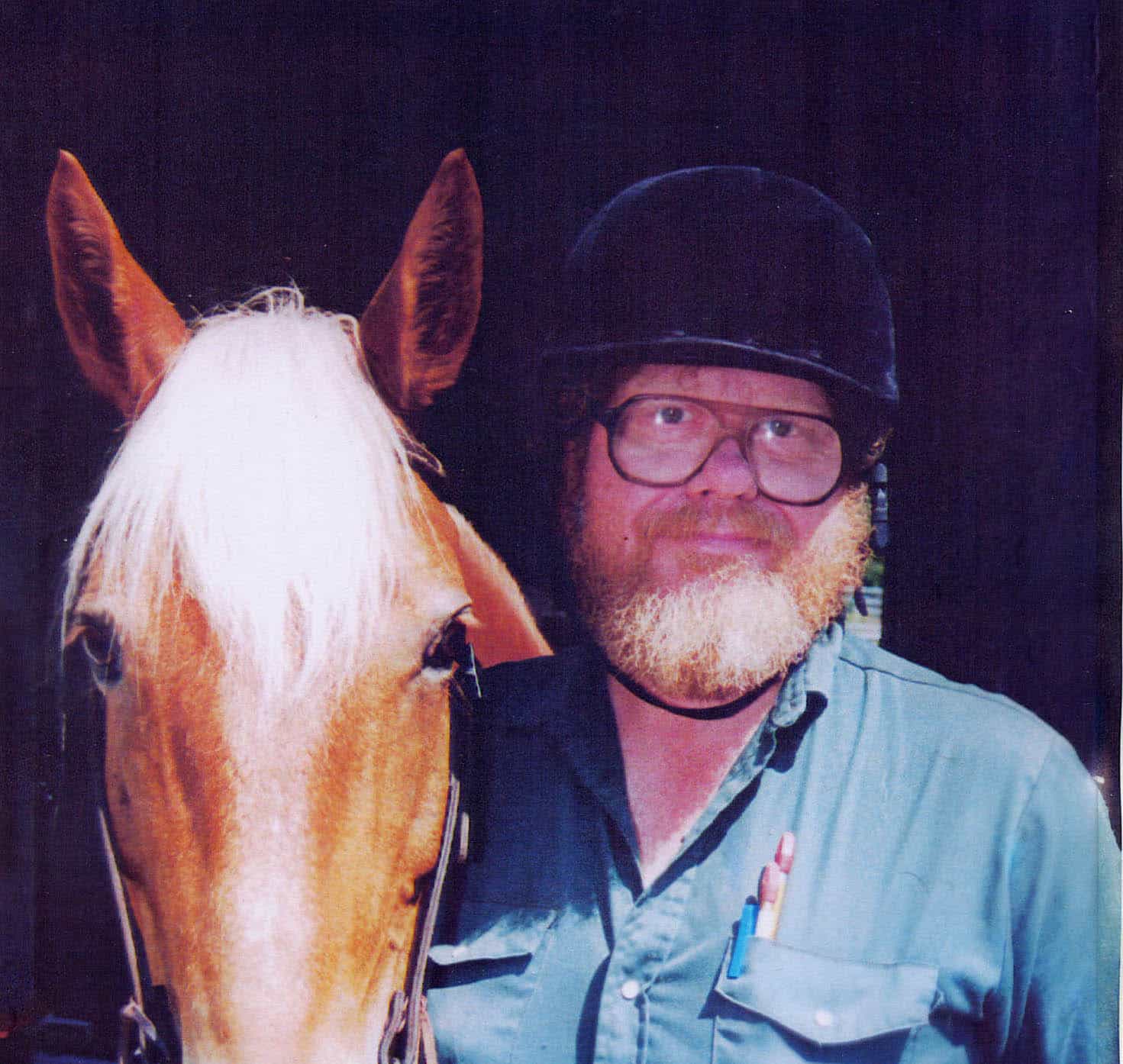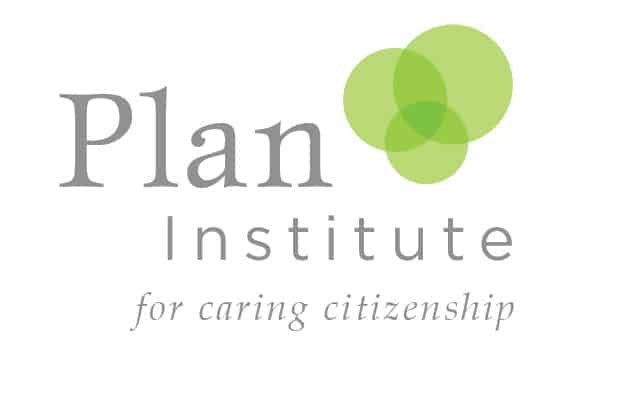 This is a story from the book The Power of Disability:10 Lessons for Surviving, Thriving, and Changing the World, by Al Etmanski
This is a story from the book The Power of Disability:10 Lessons for Surviving, Thriving, and Changing the World, by Al Etmanski
The first time I met Gord Walker, he took one look at me and walked out of the room. He had been a client of the disability service system for years, and he could smell a social worker like me from a distance. Gord didn’t need any more reminders that social service workers thought he was worthless. I once saw a thick file listing all the programs and interventions he had received since he was a youngster. It included behavior management programs, time-out protocols, one-to-one workers, communication strategies, psychological counseling, and medication. Apparently these weren’t working very well, because the file was also full of recommendations to fund more programs and more specialists.
Fortunately Gord gave me and PLAN, the organization I had co-founded, a second chance—a chance to develop a network of friends with him. We recruited a young woman who ignored the diagnoses and assessments that were in Gord’s files. She described them as self- fulfilling prophecies. She believed that everyone had a gift, and her job was to help people discover it. She was infused with the spirit of abundance. She was also patient. She sat in silence with Gord for many hours. She didn’t offer suggestions. She expected that his dreams would eventually surface.
One day, she came to our office ecstatic. “I’ve got it,” she said. “It’s horses.” It turned out that Gord loved everything about horses—grooming them, exercising them, cleaning their stalls, and riding them. He even wanted to own one. More than anything, he dreamed of being a cowboy, herding cattle. His passion eventually led to a job at the local stables, where he became affectionately known as the horse whisperer. He attracted a stable of friends too, connected by their shared interest in all things horsey. One of his friends was able to arrange an annual summer job for Gord riding the range as part of the largest cattle drive in southern British Columbia. It was the highlight of his year. He talked about it all the time. “You should come,” he would say to me. “There’s a campfire party every night.”
We live in an age that promises a cure for just about everything. Advertisers sell us products that they claim will make us thinner, faster, and more beautiful. Motivational speakers and personal coaches promise that they can make us or our children smarter, better, richer, and happier. Researchers and better-living advocates promote perfect health: just eat these foods, choose this procedure, take this pill, and practice mindfulness. We are offered a life that would have been unimaginable decades ago. Some technologists, philosophers, and genetic engineers even tantalize us with the possibility that soon all diseases will be eradicated and we can live forever.
The pursuit of perfection has its downsides. We know deep down that a lot of the claims can’t be true because, like Gord, we’ve been disappointed before. Still, the choices keep coming, and they are bewildering. It’s not easy to sort out the valuable from the worthless. To top it off, we may start believing that there is indeed something wrong with us and that perhaps we need fixing. Some of us have a deeper unease. The great religions of the world warn us against thinking we can become godlike. Popular culture is full of stories about the downside of selling one’s soul to the devil for worldly benefits. It’s called a Faustian bargain.
In reality, all of us are a mixture of frailties, inadequacies, mistakes, imperfections, and flaws—as well as a mixture of talents, strengths, and abilities. Accepting that we are all of the above is what makes us whole. The people profiled in this lesson pursue wholeness, not perfection. One believes that imperfection holds the key to the universe. Others understand that healing is different from curing. They have learned to distinguish between “fixing” that is helpful and “fixing” that is hurtful.
My wish is that we wriggle free of the grasp of the needs makers (i.e., advertisers and social service workers who create needs that they then claim they can fix) and recognize that perfection is an illusion that needs to be broken. Most of the time we don’t need to be fixed. We need to be listened to and valued.
The Power of Disability is available from bookstores and online. Click here to learn more about it and where to get it.
Al is the co-founder of PLAN and Plan Institute, an author, community organizer, and social entrepreneur. Since the birth of his daughter he has been an activist in the family arm of the disability movement. You can learn more about Al and his other publications at aletmanski.com.
**Please note that all views and opinions expressed by contributors should be recognized as theirs alone, and do not necessarily reflect the official policies or position of Plan Institute**
